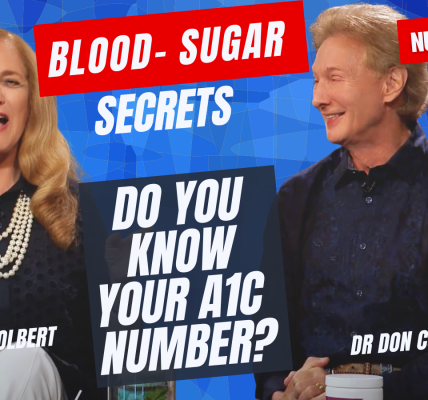The Ice bucket challenge has gained immense popularity. Social media has played a key role in promoting this challenge and the cause behind it. It is well known that this campaign is carried out to generate funds and attract donations for ALS patients but few of us have knowledge about this disease. Besides promoting the ice bucket challenge which is undeniably done for a great cause, steps should be taken to create awareness about the disease. This article gives a brief insight on ALS.

Amyotrophic lateral sclerosis (ALS) also termed as Lou Gehrig’s disease or motor neuron disease (MND) is an advanced neurodegenerative disease damaging the nerve cells in brain and spinal cord. This disease affects physical movement, weakens the muscles and is the most common among other motor neuron diseases. ALS results in the degeneration of motor neurons responsible for voluntary movement and muscle power and ultimately leads to loss of brain’s capability to instigate and control muscle movement. ALS not only affects body movements but also has a deteriorating impact on human mind. Recent studies have found that ALS can lead to hopelessness, inability to make decisions and memory losses. It is important to note that ALS is not contagious.
ALS is not essentially a hereditary disease. According to reports, only 5-10% of ALS cases were inherited while 90% of ALS patients had no such family history. It has been found that people who have served in the military have a greater risk of ALS. On the basis of gender, men are found to be at a slightly higher risk of developing ALS as compared to women. It is more common among white people and the age group of 60-69 years though young people can also become a victim of this disease.
Initial symptoms of ALS include weakness in hands, legs ankles, muscle cramps, twitching, muscle stiffness, difficulty in keeping a good posture, and trouble in chewing or swallowing. ALS often originates in hands, feet or limbs, and then moves to other body parts. Eventually, ALS affects the speech and breathing functions. Majority of ALS patients die as a result of breathing failure.
Even though there is not a known cure, I recommend an anti-inflammatory diet, identifying and removing food sensitivities, balancing hormones with bio-identical hormones, optimizing vitamin d levels, lifestyle modifications such as cutting out alcohol, smoking and incorporating an exercise program and detoxification especially heavy metal detox.
There is research being done on stem cells for the treatment of ALS. I feel this may be a major breakthrough for ALS in the future. Given early enough, IV phosphatidylcholine and IV glutathione may be beneficial for certain patients with ALS.















